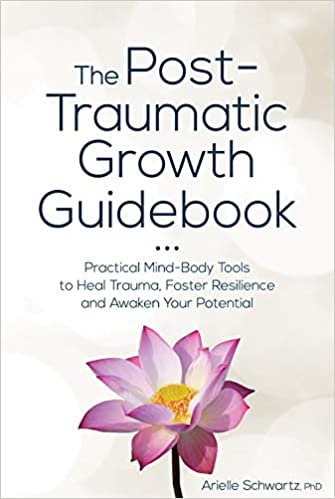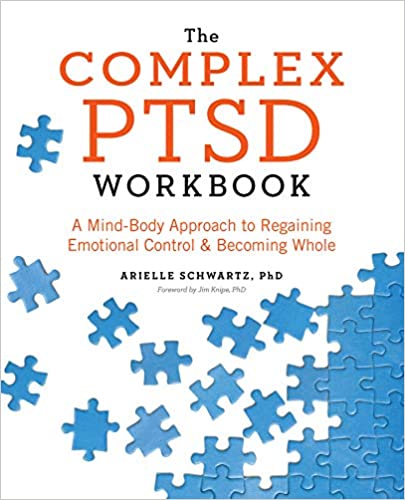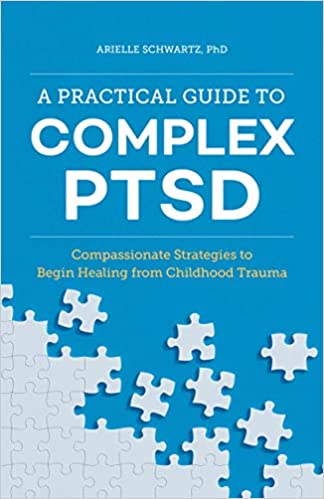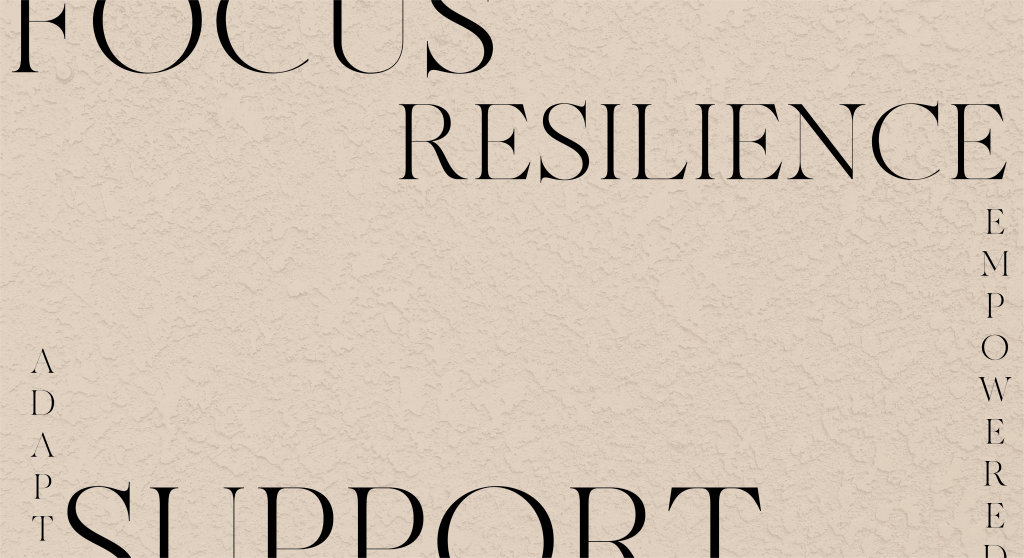Hi Everyone,
It has been almost 3 months since the Stay At Home order was put in place in California. Parts of LA are beginning to reopen, but we are still limiting leaving the house. A lot of us are continuing to be tested right now as restlessness, stress and anxiety continue to persist with all of the uncertainty going on in our country. Dr. Arielle Schwartz is back with an essay on resilience strategies.
Dr. Schwartz is a licensed clinical psychologist, certified yoga teacher, wife, and mother who lives in Boulder, Colorado. She is the founder of The Center for Resilience Informed Therapy which applies research on trauma recovery to form a strength-based approach for trauma recovery. Check out her other post “GIVING AND RECEIVING: BALANCED LIVING IN UNBALANCED TIMES” if you missed it.
Be patient and allow yourself to experience any emotion you need.
xo,
Whit
Resilience Strategies for Sheltering in Place by Dr. Arielle Schwartz
This morning, I saw an article that told the story of a young man who ended his life as a result of the stress of isolation during covid-19. This blog is in dedication to him and the many others who may be suffering from mental health concerns that are being exacerbated as a result of the fear that can arise as we shelter in place.
Resilience strategies are needed more than ever and, if you have a history of childhood trauma, they can help us to reclaim a sense of safety in the here and now. Feeling isolated and lonely amidst physical distancing can weigh heavy–especially if you are living alone or have memories of previous times that you felt abandoned, isolated from loving connection, or trapped in a home that you couldn’t escape.
Resilience is defined as the ability to flexibly adapt to stressful, challenging, adverse, or traumatic life events. Resilience is not a trait that you either have or do not have; rather, it is a set of strategies that can be learned and practiced. Importantly, resilience is also not the same as optimism. In fact, being overly focused on positivity and happiness has its drawbacks. Sometimes, trying to stay positive can override your authentic feelings and leave you feeling ashamed about the very symptoms that require compassionate and caring attention.
Rather, resilience is grounded in realistic optimism, which involves maintaining a positive outlook on life while simultaneously acknowledging the challenges that will occur along the way. Too much realism can lead to skepticism or negativity, which can hinder your ability to move forward or leave you feeling immobilized in fear. Similarly, too much optimism can result in fantasy or idealism, which can cause you to turn a blind eye to actual threats that are present in our lives during this time. In contrast, realistic optimism allows you acknowledge these threats without becoming immobilized.
As you shelter in place, you can foster resilience by focusing your attention to that which supports your physical, mental, emotional, social, and spiritual well-being. For example, you might go to therapy, meditate, write in a journal, take physically distanced walks in nature, develop a creative practice, exercise daily, and eat healthy. In addition, you can still remain connected to other people by remembering that you are not alone—we are together, apart. Most importantly, you support your resilience with the belief that your choices and behaviors make a difference in the outcome of your life. Resilience involves engaging in behaviors that support your well-being each and every day.
Especially during this time of collective pain and anxiety, it is important to compassionately turn toward these uncomfortable emotions. Feeling and expressing painful emotions is part of the path of self-discovery. Being resilient does not mean that you won’t experience difficulty. Rather, it means that you can cultivate the skills needed to respond effectively to frightening experiences. You learn to break down overwhelming experiences into smaller, more accessible chunks, which allows you to gradually process painful events.
You can also expand your lens to focus on possibilities instead of just problems. Sometimes, when one difficult thing happens, you start to feel worried that another bad thing will happen, which can lead you down a rabbit hole of fearful thoughts about the future or painful memories from the past. This downward spiral occurs, in part, because of how state-dependent memories are stored and recalled. Difficult memories that evoke sadness are more likely to be remembered when you are already feeling sad. However, state dependent memory can also be used in your favor. Your positive emotions, sensations, and memories are also interconnected. By focusing your mind on memories of times that you have felt happy, empowered, or peaceful, you can recall other positive experiences. Look for signs of the courage and strength within and around you. As human beings, we have the ability to be inspired by each other and to rise again.
Take some time to reflect upon or write about your relationship to resilience as it related to sheltering in place. You can use the following questions to deepen your inquiry:
- In what ways do you already feel capable of handling the challenges that you are experiencing? What resilience practices do you already engage in? How can you build routines around these behaviors to help you during this time?
- Do you have a tendency to isolate? Are you finding it difficult to maintain a hopeful outlook about your life right now? If so, who can you reach out to during this time? Make a list of two or three people that you can call, reach out to a therapist offering remote teletherapy, or call a crisis hotline. Remember, getting support for difficult emotions is part of supporting your resilience.
- Can you recall memories of times when you felt safe, empowered, and connected to others? Can you allow these memories to shift your mindset and emotional experience away from fear or hopelessness?
- What additional support do you need to help you respond in a flexible or adaptive manner to the challenges happening in this time? Can you make a list of 5 resilience strategies that you can engage in daily or weekly (e.g. meditation, journaling, creative projects, exercise, time in nature, reaching out to a friend).
(This blog has been adapted from The Post-Traumatic Growth Guidebook: Practical Mind-Body Tools to Heal Trauma, Foster Resilience, and Awaken your Potential )
———-
If you love Dr. Schwartz’s messages like I do, check out the books she has written!


The Complex PTSD Workbook: A Mind-Body Approach to Regaining Emotional Control and Becoming Whole

EMDR Therapy and Somatic Psychology: Interventions to Enhance Embodiment in Trauma Treatment

A Practical Guide to Complex PTSD: Compassionate Strategies to Begin Healing from Childhood Trauma







